Navigating the privacy minefield that is today’s internet can be a challenge.
With cybersecurity incidents like the Equifax hack and China’s brazen targeting of U.S. companies appearing so frequently in the news, you should be guarding your digital footprint more zealously than ever before.
Our phones and other personal devices carry an immense amount of data. In the wrong hands, this data could lead to identity theft, malware extortion, and even more sordid outcomes.
But all is not lost. The following app recommendations should help you sleep easier at night, comfortable in the knowledge that your privacy is guarded.
[Get more privacy recommendations. Sign up for the ExpressVPN Blog Newsletter.]
1. Kaspersky Antivirus
We’re not in the habit of installing an antivirus app on our phones or tablets, but it can act as an effective first line of defense against would-be hackers or intrusive entities.
Kaspersky has been in the antivirus business for several years and its products are robust. It runs in the background, constantly scanning for incoming malware or other threats.
You can use it to locate your device if lost and put codes on specific apps to prevent people from physically snooping on the content. Plus, the phone can be wiped clean remotely if you feel it’s been compromised.
Some features are only available if you upgrade to a paid account, but it’s worth the cash.
Download Kaspersky for Android (unfortunately, there’s no iOS version).
2. Signal
Signal’s surged to the top of the app store rankings lately, thanks to WhatsApp’s privacy policy update stipulating that user data is shared with its parent company, Facebook.
So if you’ve ever needed a reason to switch to a more secure messaging app, this is probably it.
Signal uses its own protocol for end-to-end encryption across voice calls, video calls, and instant messages. The technology is open source, meaning the code can be audited by cybersecurity professionals. What’s more, Signal uses a unique device safety number to ensure that your messages and calls are actually reaching their intended recipient.
Users also have the option to secure the app with a PIN code and send self-destructing messages.
Download Signal for Android or iOS.
3. DuckDuckGo
Google’s worth hundreds of billions of dollars mostly because it holds such a vast trove of data. It’s tracking your every move: what sites you click on, what things you buy online, and where you log on to the internet from.
That’s mildly discomfiting. Do you really want to hand your personal habits and data over to a corporate leviathan?
A privacy-focused alternative is DuckDuckGo. It doesn’t store any user data, IP addresses, or personal information. And there’s no advertising. What’s more, it forces websites to use an encrypted connection wherever possible.
You can download the DuckDuckGo browser (as an alternative to Chrome) or simply just navigate to duckduckgo.com for search queries.
Download the DuckDuckGo browser for Android or iOS.
4. ExpressVPN
A Virtual Private Network (VPN) should be your go-to app to encrypt all internet traffic flowing to and from your device. It’s a necessity when you consider that you might connect to poorly secured Wi-Fi networks or fork over financial information through unsecured sites.
VPNs are an excellent method to cover your digital footprint and port your location to different parts of the world for streaming sports and unblock streaming media sites.
Download ExpressVPN for Android or iOS.
5. 2ndLine
If you’re self-employed or freelancing, you need to build out your network but don’t really want to hand out your personal cell phone number willy-nilly. It’s especially annoying when you proffer your number to a sales representative, only to be inundated by follow-up calls.
2ndLine gives you an alternate phone number to be used for business calls or for when you want to keep your personal number private.
Download 2ndLine for Android.
6. ProtonMail
Google’s data mining doesn’t just extend to search. If you use Gmail, know that algorithms are at work, establishing a metadata profile to serve you more targeted advertisements.
If you aren’t a fan of this privacy invasion, it’s worthwhile to shift to ProtonMail, a far more secure alternative to Gmail.
Like Gmail, ProtonMail is free to use. But that’s where the similarities end. You don’t need any personal information to sign up. All email is end-to-end encrypted, which means the company can’t decipher the content of your messages.
Plus, ProtonMail is incorporated in Switzerland and therefore has to operate within the confines of the country’s rigid privacy laws.
Founded in 2013 by scientists at CERN, ProtonMail offers password-protected emails along with a self-destruct option. It’s also open source so anyone can audit the code if they wish.
Download ProtonMail for Android or iOS.
7. LastPass
We tend to use the same password, or similar ones, across all the apps and sites we access—it’s just easier. But this habit puts you just one hack away from a cataclysmic event.
With password manager LastPass you can use long, random passwords that are all different, while keeping them safely squirreled away in one place. You can also use it to save other data points such as driver’s license information, social security numbers, credit cards, and bank account details.
It also doubles up as a password generator, meaning you don’t have to frequently come up with new ones on your own.
Download LastPass for Android or iOS.
8. Bouncer
We’re so used to automatically granting all app permissions that we tend to forget how invasive some of these can be.
Bouncer helps mitigate this potential privacy oversight: The app can toggle permissions on your behalf, preventing apps from accessing more data than they need.
Let’s say you want to tweet a picture of your beach vacation but you’ve disabled camera settings on the Twitter app. Bouncer will help you access it and then automatically turn it off after a predetermined amount of time.
And you can use it on a wide range of apps.
Download Bouncer for Android.
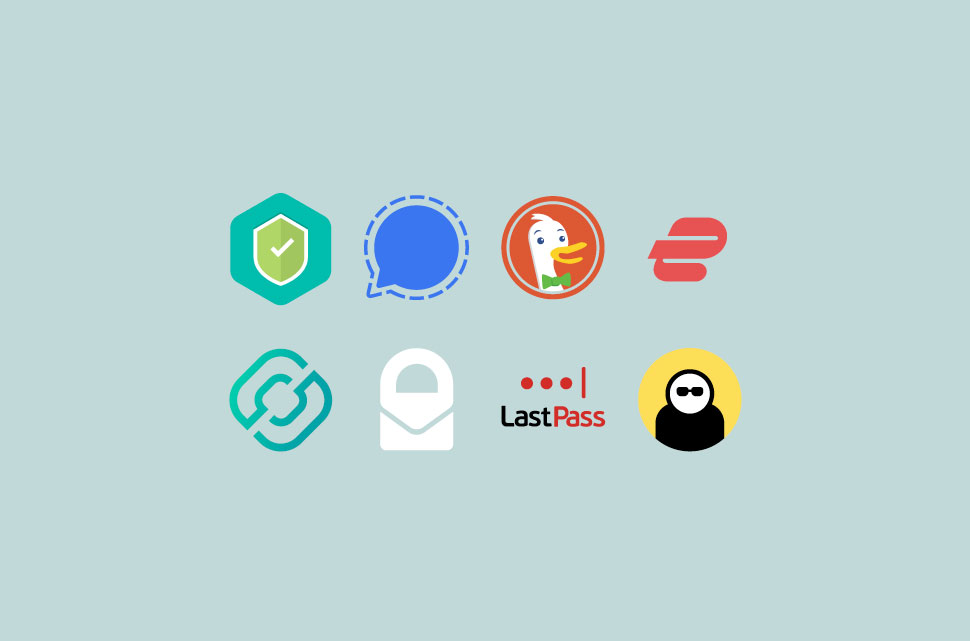
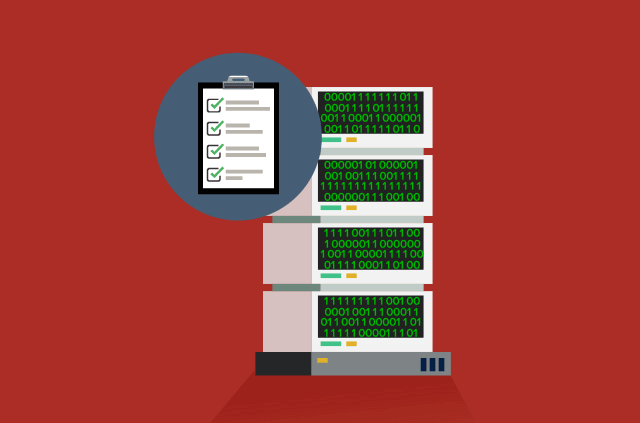

















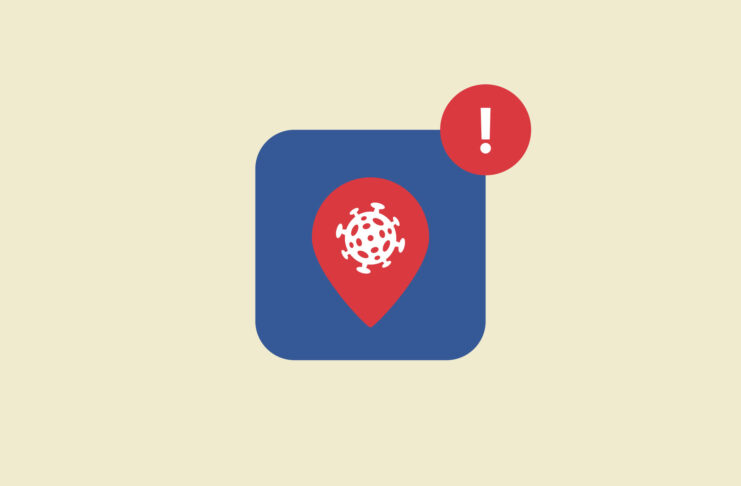
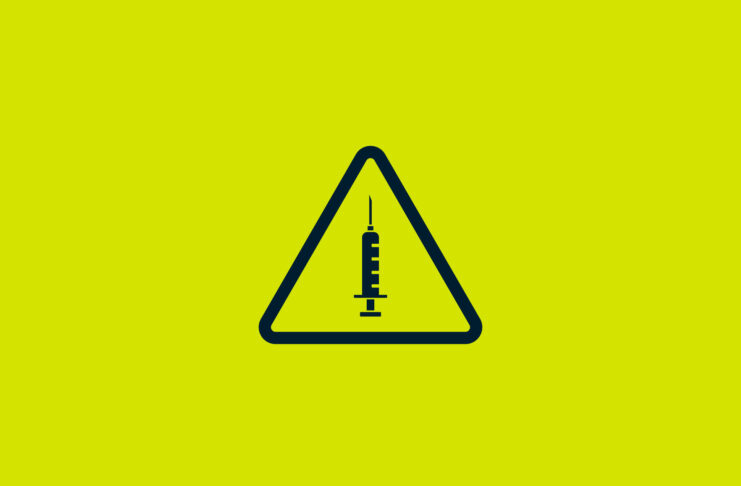
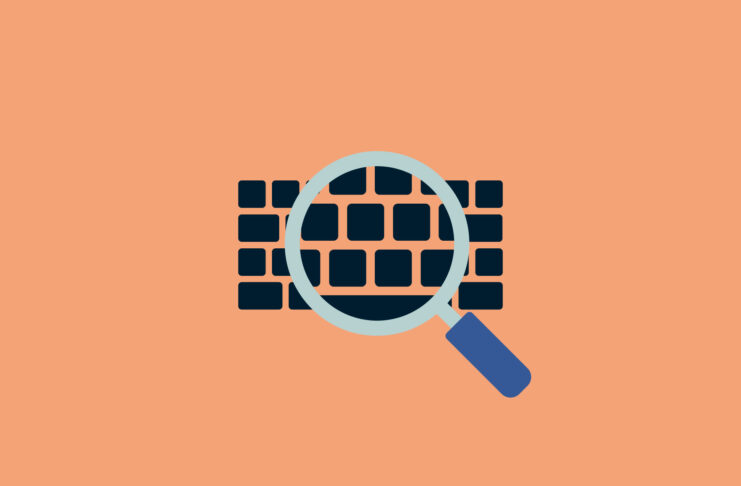
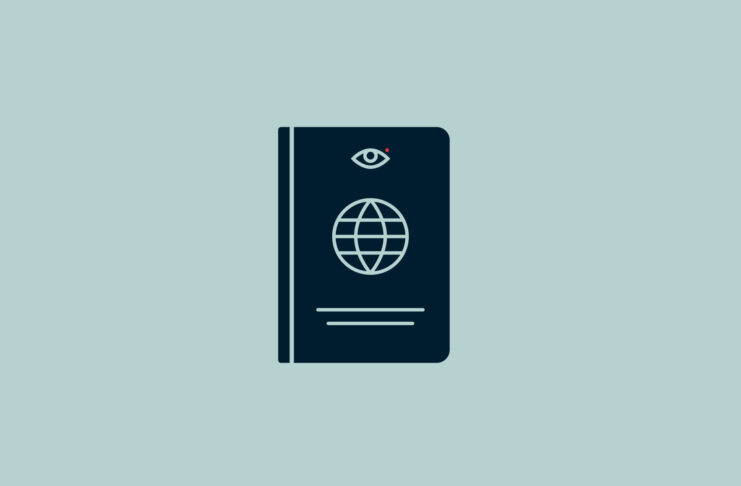




What about ProtonVPN ?
You recommend ProtonMail , but why not ProtonVPN?
“If you use Gmail, rest assured that algorithms are at work, establishing a metadata profile to serve you more targeted advertisements.”
That is IF you haven’t accessed your Google online account and “paused” all of your activities, location, etc. I did that four years ago and I don’t get ANY ads. Also, I turned off
on both my PC and smartphone since 2014.
Brave internet browser does an excellent job of blocking ads, trackers, AND fingerprinting too.
LOVE my ExprexxVPN!